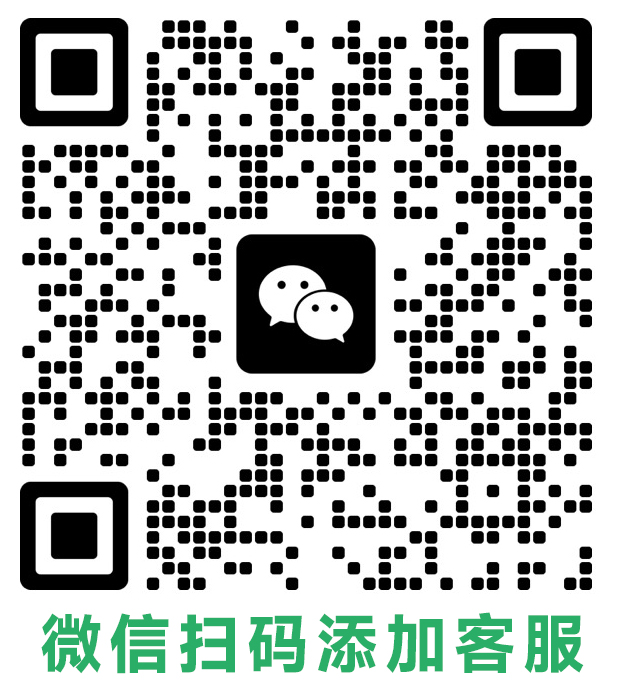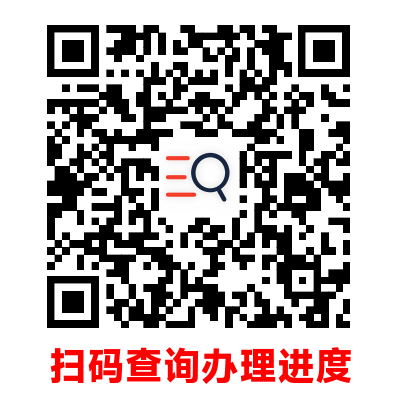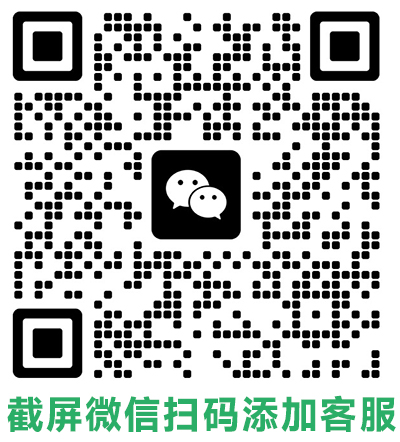Traffic congestion has become a ubiquitous issue plaguing urban centers worldwide. It is characterized by slower speeds, longer travel times, and increased vehicular queueing, leading to a myriad of negative consequences for individuals, businesses, and the environment. Understanding the causes and impacts of traffic congestion is crucial for devising effective solutions to mitigate this persistent challenge.

Causes of Traffic Congestion:
-
Increased Vehicle Ownership: The rising popularity of private vehicles, particularly in developing nations, has outpaced the capacity of existing road infrastructure.
-
Urban Sprawl: The expansion of cities into suburban areas has extended commuting distances, leading to a surge in traffic volume.
-
Inadequate Public Transportation: Insufficient or inefficient public transportation systems discourage people from using alternative modes of travel, further burdening roads.
-
Uncoordinated Traffic Management: Ineffective traffic signal timing, lack of congestion pricing, and inadequate accident response contribute to traffic jams.
Impacts of Traffic Congestion:
-
Economic Costs: Traffic congestion leads to significant economic losses due to wasted time, fuel consumption, and reduced productivity.
-
Environmental Degradation: Increased vehicle emissions contribute to air pollution, greenhouse gas emissions, and noise pollution.
-
Quality of Life: Traffic congestion can significantly impact quality of life, causing stress, frustration, and reduced leisure time.
-
Safety Concerns: Traffic congestion can increase the risk of accidents, putting both drivers and pedestrians at risk.
Strategies to Address Traffic Congestion:
-
Expand Public Transportation: Investing in reliable, efficient, and affordable public transportation can encourage people to shift away from private vehicles.
-
Improve Road Infrastructure: Expanding road capacity, implementing smart traffic management systems, and promoting carpooling can help optimize traffic flow.
-
Promote Alternative Modes of Transport: Encouraging cycling, walking, and electric vehicle adoption can reduce reliance on cars.
-
Implement Congestion Pricing: Charging tolls during peak traffic times can discourage unnecessary driving and generate revenue for infrastructure improvements.
-
Encourage Mixed-Use Development: Creating communities that integrate residential, commercial, and recreational areas can reduce commuting distances.
-
Leverage Technology: Utilizing intelligent transportation systems, real-time traffic data, and dynamic navigation can help drivers make informed route choices.
Addressing traffic congestion requires a comprehensive approach that combines infrastructure improvements, policy changes, and behavioral shifts. By implementing these strategies, cities can create more sustainable, livable, and efficient transportation systems for their residents.






